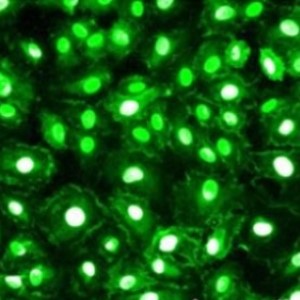- Product Reviews
- Product Publications
Product Publications
If you've used this product in a publication, let us know. Email david@neuromics.com with the publication details.
- Related Products


Blog Posts




If you've used this product in a publication, let us know. Email david@neuromics.com with the publication details.